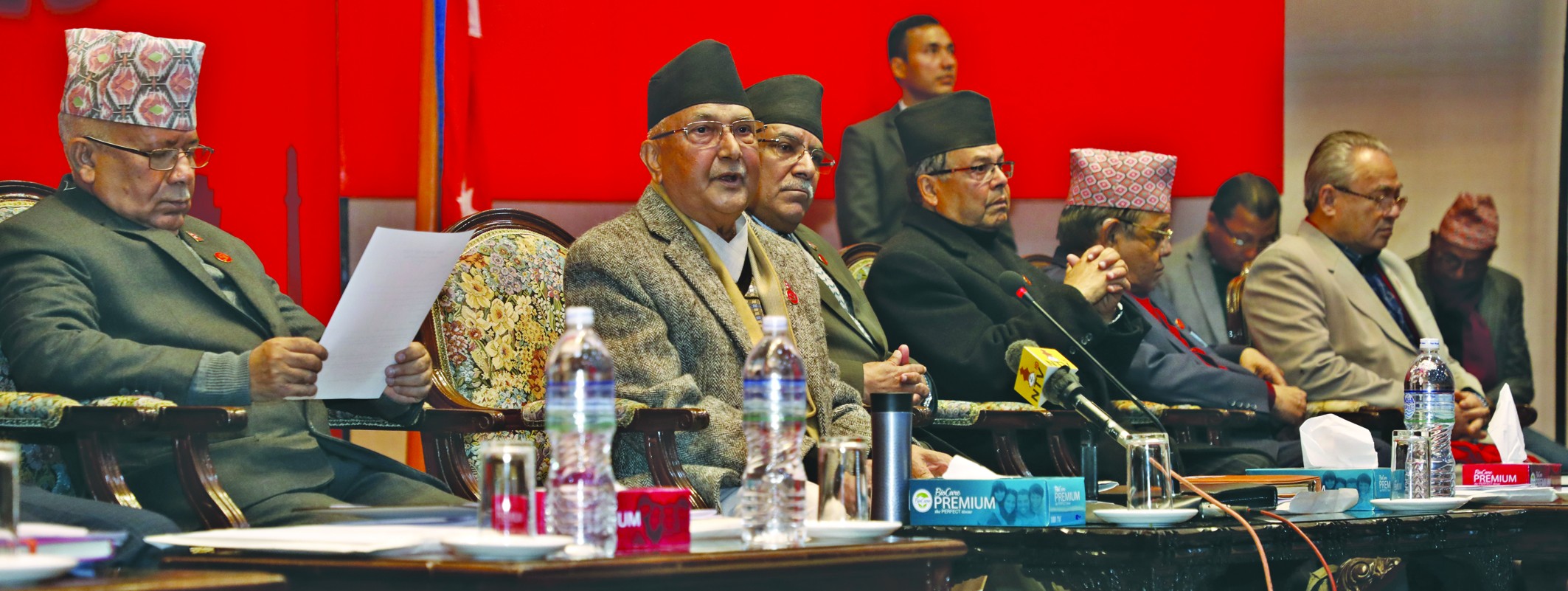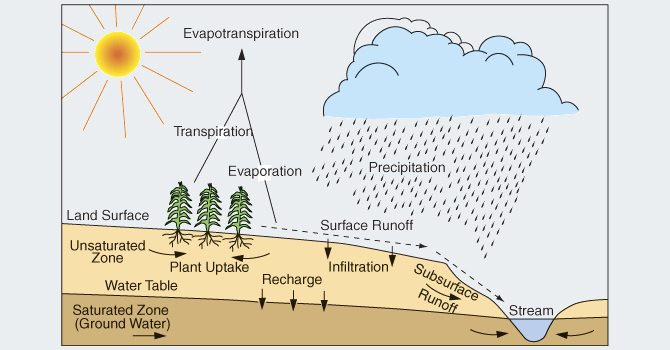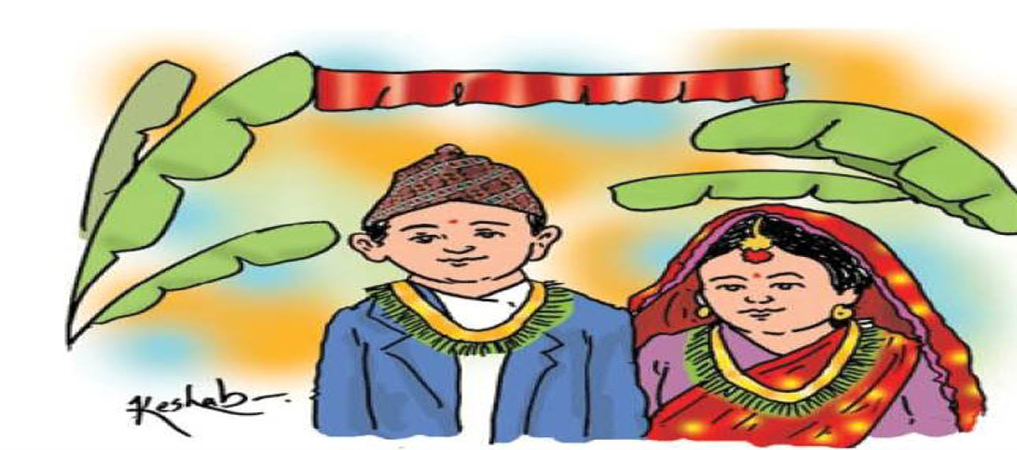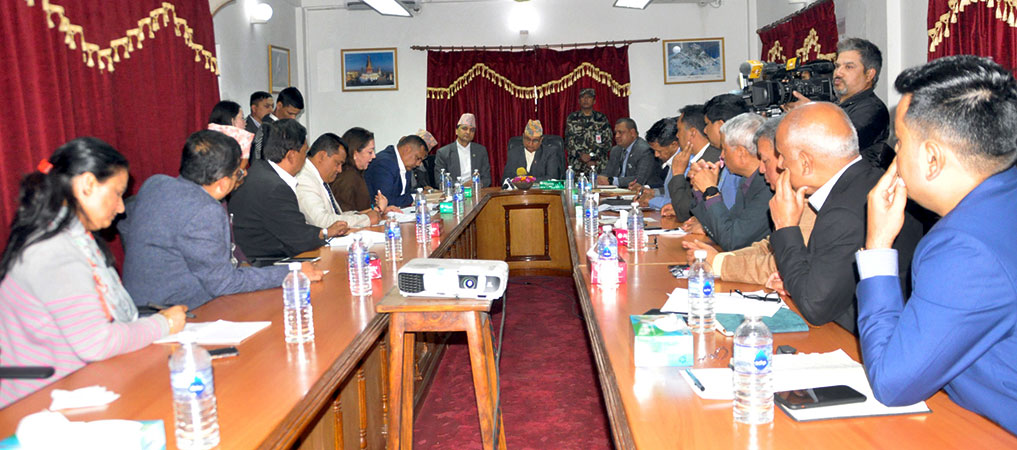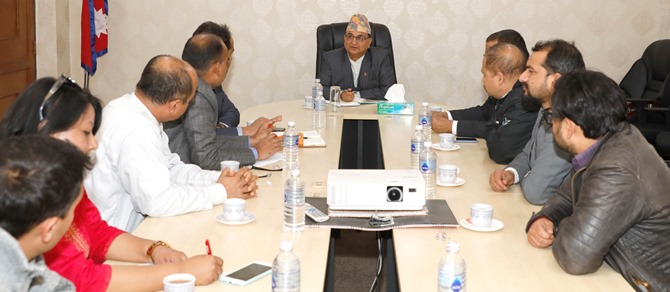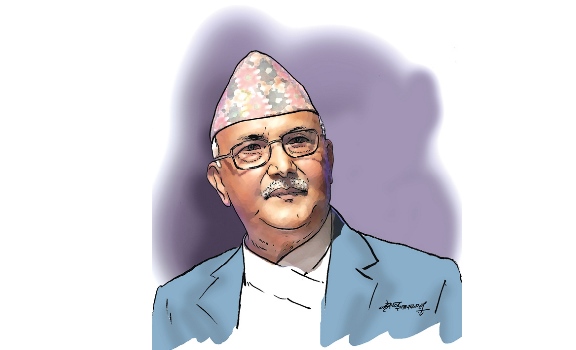Impunity major reason behind rising rape cases
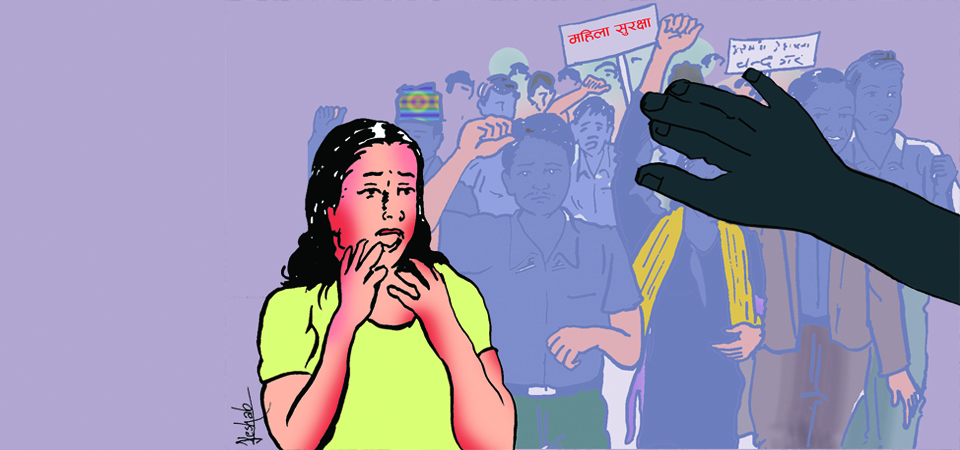
By Arpana Adhikari
Kathmandu, Feb. 21: The brutal rape and murder of 13-year-old Nirmala Panta in 2018 shocked the nation and sparked protests all around. Yet, even after two years and five months, police have not been able to bring the perpetrator to justice.
In September last year, Samjhana BK, 12, of Bajhang was raped and murdered by a local youth. Similarly, in November, Gulab Sah Khatun, 6, of Mahottari was raped and killed by a 25-year-old man.
On February 2, 17-year-old Bhagrathi Bhatta of Baitadi was raped and murdered by a distant relative.
These cases constitute just the tip of the iceberg of an ever-increasing trend of sexual assaults against women and girls, some as young as six months old.
Seven rapes daily
In the first six months of the current fiscal year, police registered 1,260 rape cases, averaging to seven cases per day. This is in addition to the 385 cases of attempted rape reported.
In Nepal, seven cases are reported per day while in India 88 cases are reported. While India’s figures seem higher in terms of absolute number, on a per capita ratio, Nepal’s cases are higher by 7.3 per cent.
According to Senior Superintendent of Police (SSP) Basanta Bahadur Kunwar, who is the spokesperson of Nepal Police, girls in the 11 to 16 age group are most vulnerable. The data maintained by the police shows that around 50 per cent of sexual abuse victims are minors.
The vulnerability of girls and women to sexual crimes has increased by 36.82 per cent in the last seven years, police figures show.
About 80 per cent of the accused perpetrators in rape cases are acquaintances, said SSP Kunwar, adding that incest was a major problem. “Almost 10 per cent of the total rapes are perpetrated by close relatives like grandfather, brother or even son,” he informed.
Of the 2,223 people arrested for rape in the fiscal year 2018/19, 329 were under 18 years of age.
Similarly, in fiscal year 2019/20, 305 of the 2,450 alleged rapists arrested were minors. Likewise, 167 minors have already been arrested in the first six months of the present fiscal year alone.
SSP Kunwar said, “Misuse of social media, availability of pornographic content on the internet and lack of oversight from guardians are the reasons for the increasing involvement of children in sexual crimes.”
Some rapists murder their victims because they are acquaintances and are known to the victim. “They tend to kill the person to eliminate the chances of getting identified,” said Kunwar. In other cases, culprits rape and murder the victim because of personal or family vendetta.
Low conviction rate
As per the Office of the Attorney General (OAG), the conviction rate for rape cases in Nepal stands at around 58 per cent. This means that out of every 100 people charged with rape, only 58 get convicted.
Joint Attorney General Sanjeev Raj Regmi, who is the spokesperson of OAG said, “A lack of proper investigation, hostile witnesses and complainants, financial temptation and family pressure are some common reasons behind the criminals not getting punished.”As bleak as the picture is, experts say the reality could be far worse as many sexual crimes go unreported. A 2020 report by the non-government organisation Anti-Slavery International states that only five out of 100 cases of rape and sexual violence are reported to police with even fewer reaching the trial stage.
Roshni Karki, joint-secretary and chief of the Gender-Based Violence Elimination Unit of the Ministry of Women, Children and Senior Citizens (MoWCSC) shared that many rape survivors failed to report their cases because local leaders, representatives and other influential people in society were found to be coercing them to reconcile with their assailants.
Predators also mostly target vulnerable young girls, children and those from socially marginalised groups because they are unable to speak up, said Karki.
Furthermore, Tiwari believes that tendencies such as abuse of power, political patronage, monetary offers and nepotism hinder access to justice.
Social, psychological dimensions
Women rights activists say that the rapes are not just legal issues and have a social dimension to them that can’t be ignored.
“We have a patriarchal society in Nepal. Girls are taught to be subservient from a tender age,” stressed women rights activist Sarita Tiwari.
Such patriarchal norms and values have made males insensitive towards females and have promoted violent behaviour, she added. “The time has come to teach our boys how to behave with women under our social values from childhood.”
Clinical psychologist Anup Raj Bhandari said, “Immature and unhealthy sexual behaviours, lack of proper sex education and exposure to age-inappropriate sexual materials are some of the major factors behind increasing rapes and sexual assaults in Nepal.”
“Men tend to assault others sexually when they fail to control their sexual impulses and aggression and are unable to comprehend their own behaviour according to the social and legal norms. This risk increases when they are intoxicated with alcohol or other substance use,” said Bhandari. “Development of age-appropriate sexual knowledge, attitude and practices should be treated as importantly as physical development,” he added.
Prevention efforts
The government has been working to tackle this heinous crime through formulation of laws and action plans. It has also set up fast track courts to ensure quick delivery of justice.
An ordinance has been brought extending the jail term for those found to be involved in mediating rape cases by up to three years. The jail term for rapists has been extended by up to two years.
Joint-secretary Karki also informed that the ministry provided rescue, relief, rehabilitation and medical and legal support to the survivors.
“The government has also been conducting awareness programmes and the issue has been included in the school curriculum to help eliminate bad practices prevailing in our society,” she further said.
However, no specific programme has been introduced by the MoWCSC to prevent increasing rape cases.
Recent News

Do not make expressions casting dout on election: EC
14 Apr, 2022
CM Bhatta says may New Year 2079 BS inspire positive thinking
14 Apr, 2022
Three new cases, 44 recoveries in 24 hours
14 Apr, 2022
689 climbers of 84 teams so far acquire permits for climbing various peaks this spring season
14 Apr, 2022
How the rising cost of living crisis is impacting Nepal
14 Apr, 2022
US military confirms an interstellar meteor collided with Earth
14 Apr, 2022
Valneva Covid vaccine approved for use in UK
14 Apr, 2022
Chair Prachanda highlights need of unity among Maoist, Communist forces
14 Apr, 2022
Ranbir Kapoor and Alia Bhatt: Bollywood toasts star couple on wedding
14 Apr, 2022
President Bhandari confers decorations (Photo Feature)
14 Apr, 2022


